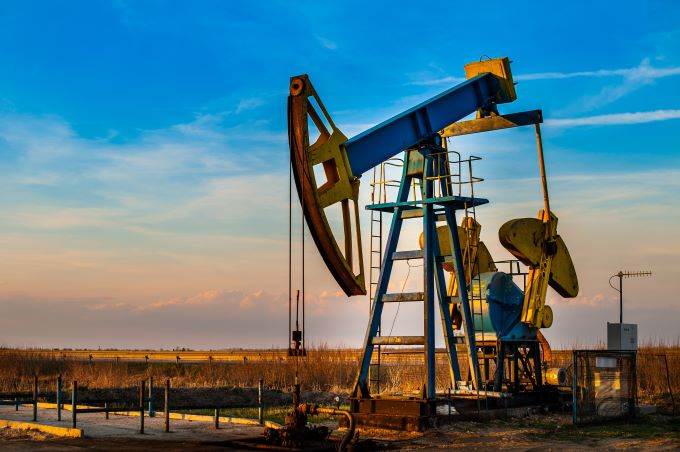Yesterday, oil prices rebounded on the hope that production cuts will remain in place in light of a possible second wave of the coronavirus outbreak. The West Texas Intermediate crude oil futures added 4.36 percent, while Brent oil futures advanced 3.98 percent.
The Energy Minister of the United Arab Emirates signaled an increase in oil demand as well as expressing its optimism regarding the compliance of the OPEC+ members that have struggled with meeting their commitments. This brought back optimism to the oil markets, which had been suffering high volatility as of late.
Gazprom Neft, which is the third-largest oil producer in Russia, announced that it cut its oil production by 19 percent, following the OPEC+ guidelines. Moreover, the head of the oil company called for an extension of the OPEC+ deal, since the balance of supply and demand has not yet been reached. He explained that the market is currently flooded by excess oil reserves, and given that the world is just beginning to get out of the quarantine a 1-month extension of the deal makes sense.
In the same way, the Iraqui oil minister highlighted the importance of abiding by the OPEC+ framework, claiming that the government will demand the Kurdish region to comply with the supply cuts to help the country to abide by its quota and that Iraq is set to export an average of 2.8 million barrels per day this month.
The main stock markets experienced mixed reactions to the current situation. On one hand, the benchmark US stock indices added gains, as the SP&500 added 0.83 percent, the Dow Jones industrial average advanced 0.63 percent and the Nasdaq 100 increased 1.17 percent. Many link this rebound to the fact that the Fed announced that it will begin to purchase up to $250 billion in individual corporate bonds.
"The SMCCF will purchase corporate bonds to create a corporate bond portfolio that is based on a broad, diversified market index of U.S. corporate bond," announced the Federal Reserve.
On the other hand, the European indices went down, as the DAX dropped 0.32 percent, followed by the FTSE which lost 0.32 percent. Asian Stock markets also had losses, the Nikkei stock average dropped 3.47 percent, while the Shanghai Composite index lost 1.02 percent.
As we already mentioned, markets are now being dominated by fears for a second coronavirus wave. The World Health Organization recently reported a spike of local coronavirus cases in Beijing, which has pushed the Chinese government to impose restrictions in certain areas of the city.
The information coming out of the United States is not positive as hospitalization and infection rates have jumped on some states in the US. This pushed Dr. Anthony Fauci to suggest that normalcy may not return until next year, justifying the government's decision to ban traveling to other countries and commenting that the ban could last until a vaccine is available.
The state of the US economy remains mixed. On one hand, retail sales are expected to increase dramatically as workers are now coming back to their posts, on the other, the recent Federal Reserve chairman statement has shattered any expectation for a V-shaped recovery. In any case, the US is now eyeing a $1 trillion infrastructure plan, whose purpose is boosting the US economic performance.
South America continues being the epicenter of the pandemic, with 1,463,160 reported infections as well as a death toll of 61,562. According to the World Health Organization, the number of infections continues rising significantly in countries like Brazil, Peru, and Mexico, which has obligated the government to continue imposing restrictions, dragging the continent into a recession.
Some European countries are now reopening their borders given that it seems that they were successful containing the advance of the epidemic.
